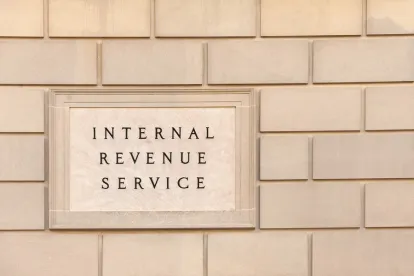Cryptocurrency Tax Fraud and Tax Evasion
Due to weak reporting requirements that have not kept up with rapidly evolving technology, tax evaders have been able to avoid paying billions in taxes by moving taxable assets into the crypto economy. According to Treasury’s American Families Tax Compliance Agenda, the IRS is unable to easily trace cryptocurrency transactions. And without mandatory reporting, there are incentives and opportunities to shift assets to cryptocurrency.
The IRS Whistleblower Program, which has led to the collection of $6.14 billion in back taxes and penalties, is a critical tool to combat cryptocurrency tax fraud. Whistleblowers can report to the IRS original information about tax fraud or tax underpayments and receive between 15% and 30% of the collected proceeds as an award. Since 2007, the IRS Whistleblower Program has paid more than $1 billion in awards to whistleblowers.
Examples of cryptocurrency tax fraud that may qualify for an award include:
-
Not reporting or underreporting capital gains from the sale of cryptocurrency;
-
Not reporting or underreporting business or personal income paid in cryptocurrency;
-
Not reporting or underreporting wages paid in cryptocurrency;
-
Not reporting or underreporting business income by using cryptocurrency to facilitate fraudulent invoice schemes; and
-
Using shell corporations or anonymous transactions (blockchain cloaking technology) to mask a cryptocurrency’s holder and avoid paying or underpay taxes on crypto assets.
IRS Whistleblower Program
The IRS estimates that the United States loses more than $600 billion per year to tax evasion. To combat tax fraud, Congress enacted legislation providing robust incentives for whistleblowers to report tax fraud. Under 26 USC § 7623(b), the IRS is required to issue an award to tax whistleblowers of 15% to 30% of proceeds collected from tax fraud or tax underpayments if:
-
The whistleblower provides original information to the IRS by filing a formal claim for an award;
-
The amount in dispute (i.e., the tax underpayments, including interest and penalties) exceeds $2 million; and
-
The IRS collects tax underpayments resulting from the action.
In enacting the IRS whistleblower rewards legislation, Congress provided mandatory awards to tax whistleblowers for high-quality tips. Section 7623(b) suggests a focus on large-scale tax fraud in that Congress removed the previous cap of $10 million on IRS whistleblower awards. In light of the lack of mandatory reporting of cryptocurrency transactions, whistleblower tips will be critical to combat cryptocurrency tax fraud.





 />i
/>i

